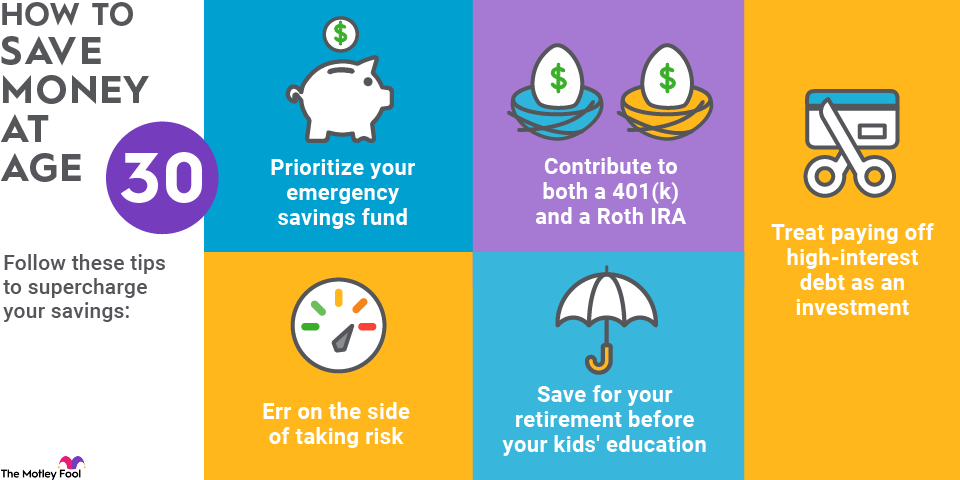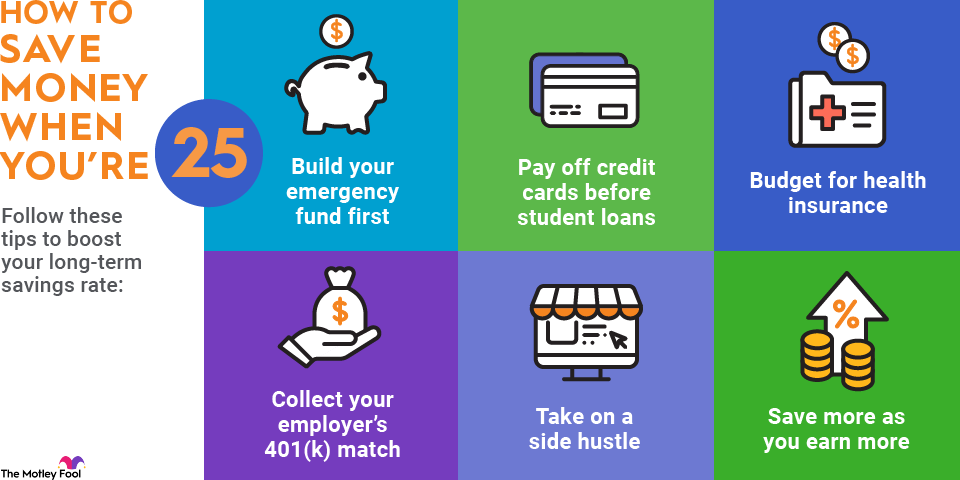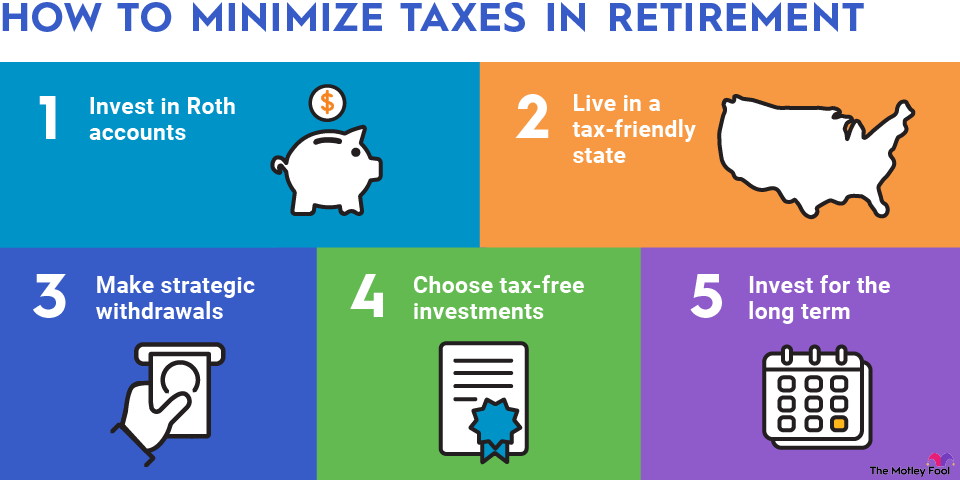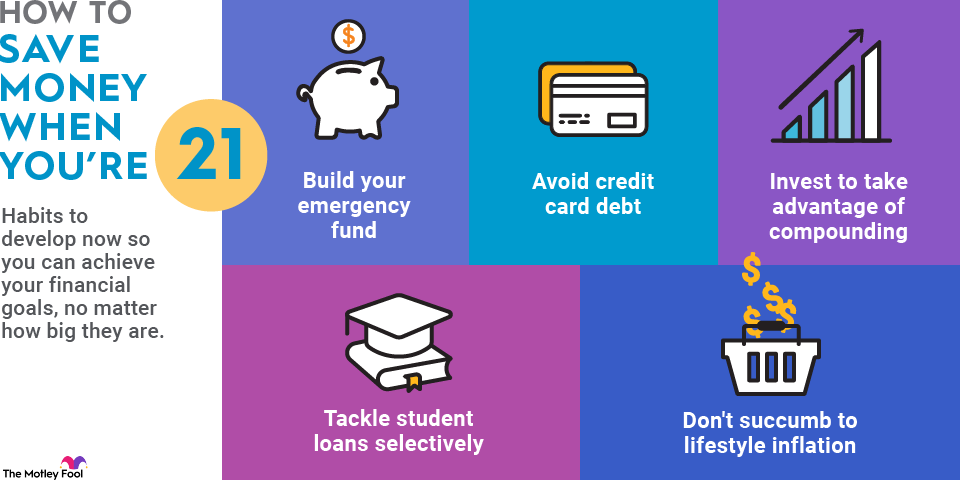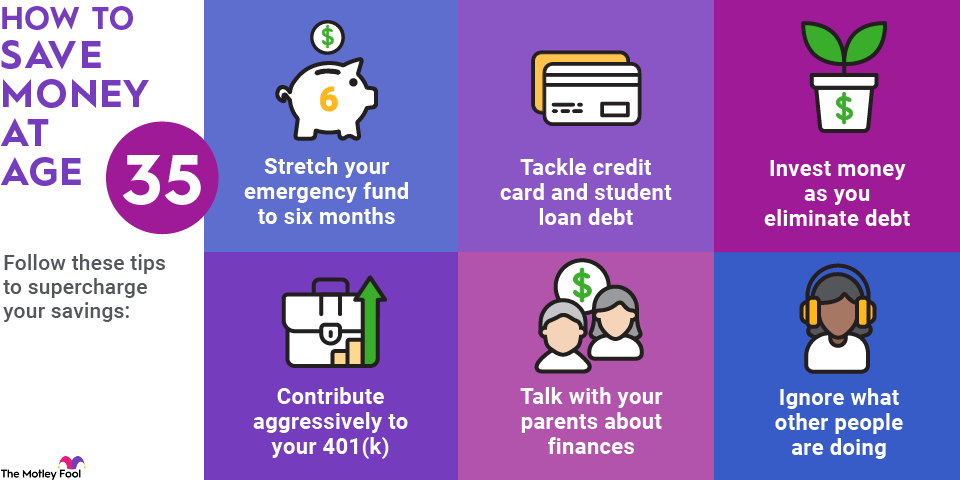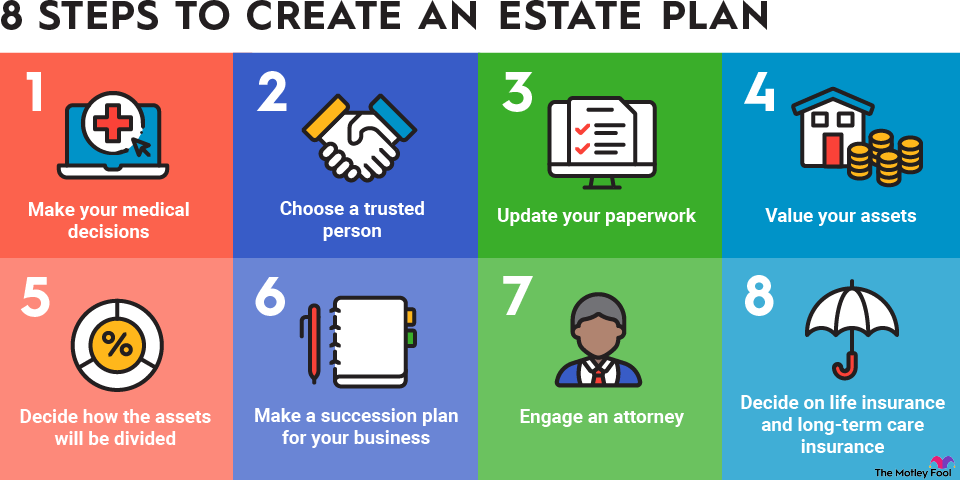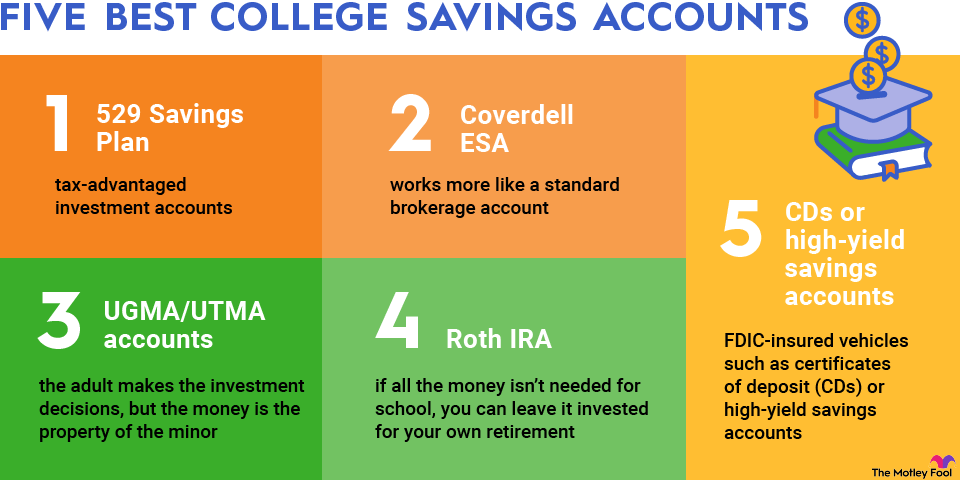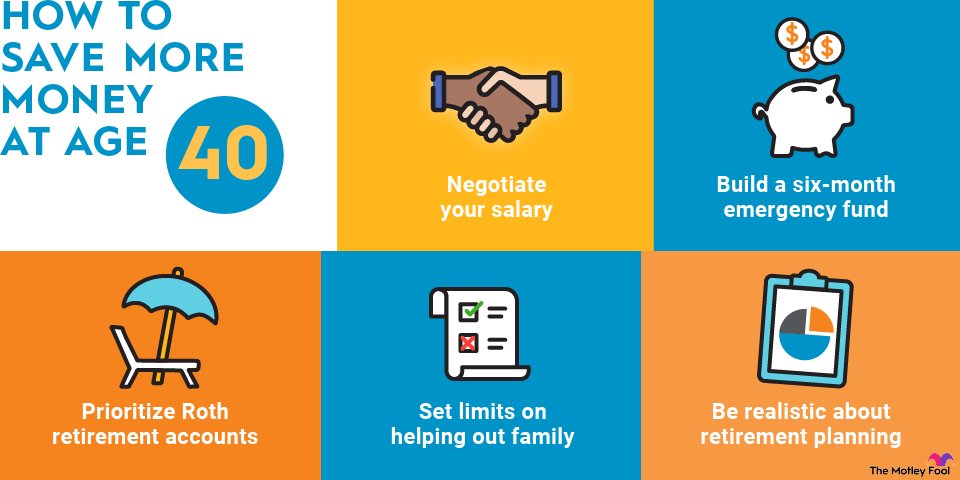You also need to prioritize your retirement savings over saving for your kids' college education. This may be difficult, but your kids have more options for funding their education -- such as financial aid, student loans, and working part-time -- than you'll have if you retire with little savings.
Be realistic about retirement planning
Retirement can seem like an abstract goal when you're in your 20s or 30s, but in your 40s, it may start to materialize on the not-so-distant horizon. This may create a new sense of urgency about saving money, which is a good thing.
Ensure you're setting realistic goals, especially if you're trying to catch up on saving. Don't plan on retiring early at age 50 or claiming Social Security as soon as you turn 62 if you're behind on your saving objectives. Most financial planners recommend replacing about 70% to 80% of your income when you retire, so keep this guideline in mind as you start to make retirement plans.
At age 40, you still have time to save for retirement, but you also don't have time to waste. Some short-term sacrifices now will pay off nicely in a couple of decades.





